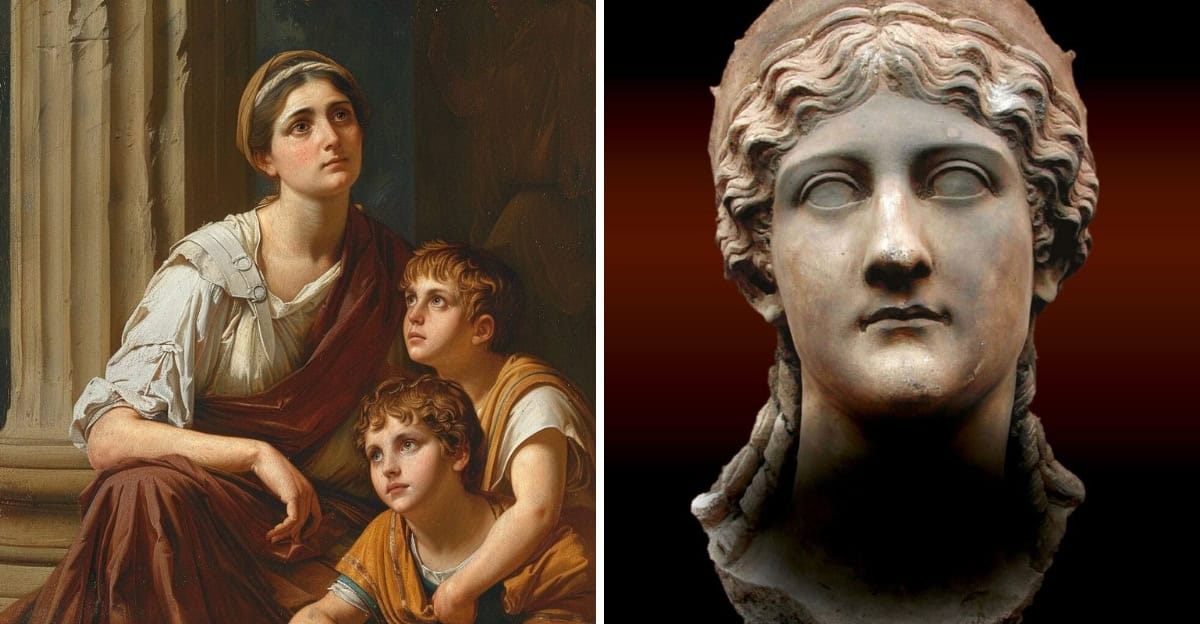Throughout history, the Roman Empire has been shaped not only by its well-known emperors and generals but also by remarkable women whose stories often remain untold.
These ancient heroines played crucial roles in politics, culture, and society, yet their contributions are largely unnoticed. This blog post aims to shed light on five such forgotten women who played significant roles in building the Roman Empire.
Through their intelligence, strength, and determination, they left an indelible mark on history, and their stories deserve to be remembered and celebrated.
1. Livia Drusilla
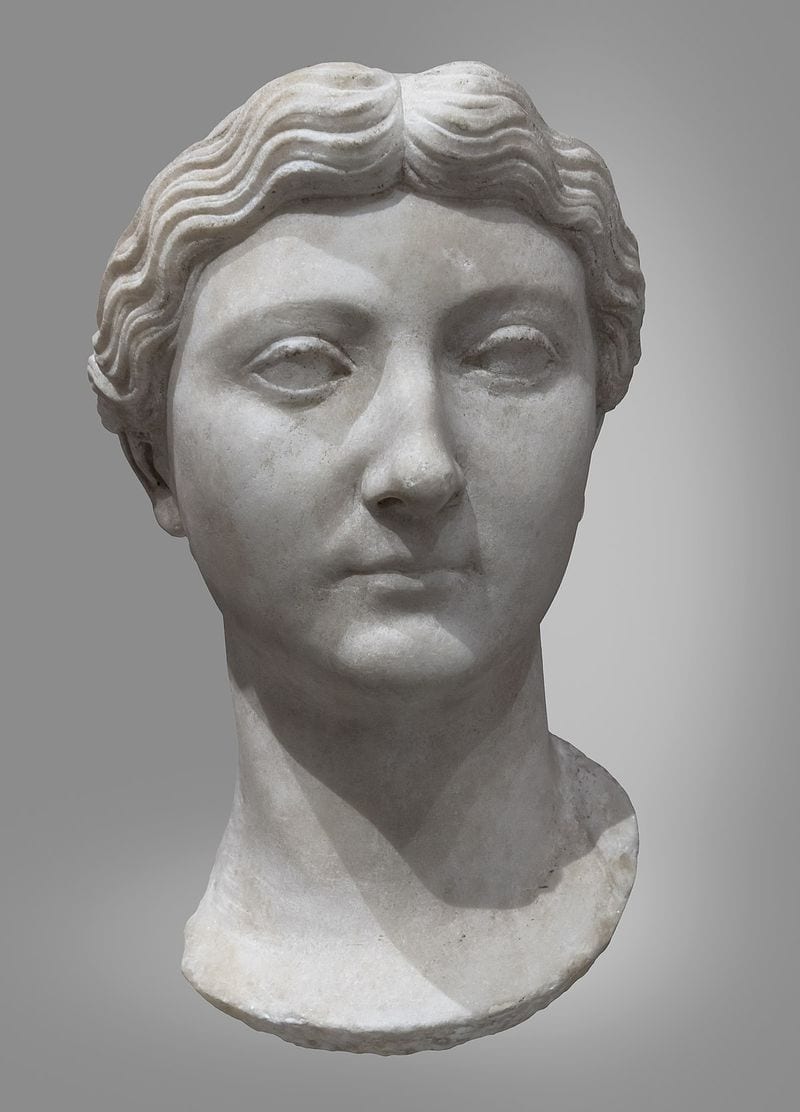
Livia Drusilla, wife of Emperor Augustus, was a formidable figure in ancient Rome. Known for her intelligence and political acumen, she wielded immense influence behind the scenes. Livia played a crucial role in establishing the Julio-Claudian dynasty, ensuring her descendants’ succession to the throne.
Her strategic marriages and alliances helped solidify her family’s power. Despite facing accusations and controversies, Livia maintained her position with grace and resilience.
As a patron of the arts, she supported various cultural projects, leaving a lasting legacy in Roman art and architecture. Her life exemplifies the power of subtle influence in a male-dominated world.
2. Cornelia Africana
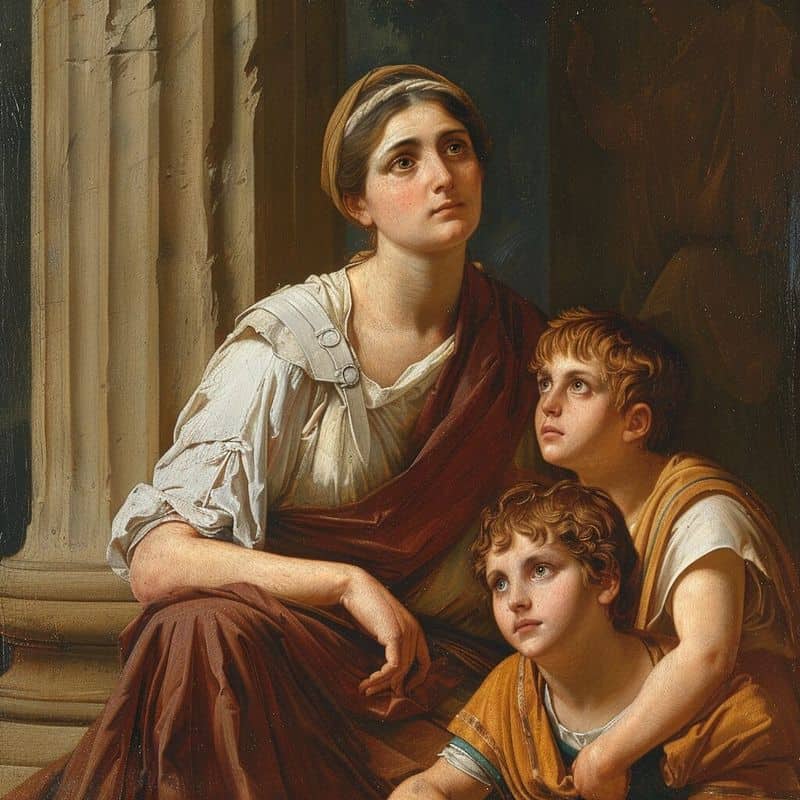
Cornelia Africana, daughter of Scipio Africanus, was celebrated for her wisdom and virtue. As the mother of the Gracchi brothers, she influenced significant social and political reforms in Rome. Cornelia was a symbol of Roman motherhood, raising her sons to be civic-minded leaders.
Her dedication to education and virtue made her a revered figure. Despite personal tragedies, including the violent deaths of her sons, Cornelia remained an emblem of strength and integrity.
Her letters and teachings were revered, showcasing her as a model of Roman matronly excellence. Cornelia’s legacy endures through her contributions to Roman society and culture.
3. Fulvia
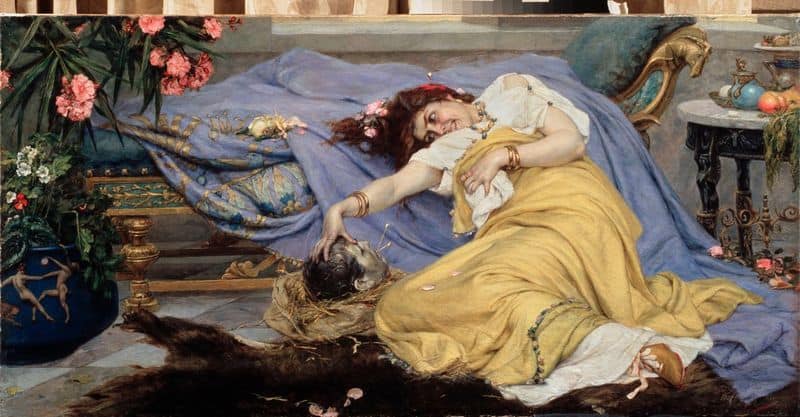
Fulvia was a remarkable political figure in the late Roman Republic. Known for her boldness and ambition, she played a significant role in the power struggles of her time. Fulvia was married to notable politicians, including Mark Antony, and used these connections to advance her political agenda.
Her involvement in the Perusine War demonstrated her leadership qualities and strategic thinking. Fulvia’s assertiveness in politics challenged traditional gender roles, paving the way for future women leaders.
Despite facing criticism and opposition, she remained determined and influential. Fulvia’s story exemplifies the challenges and triumphs of women in Roman politics.
4. Julia Domna
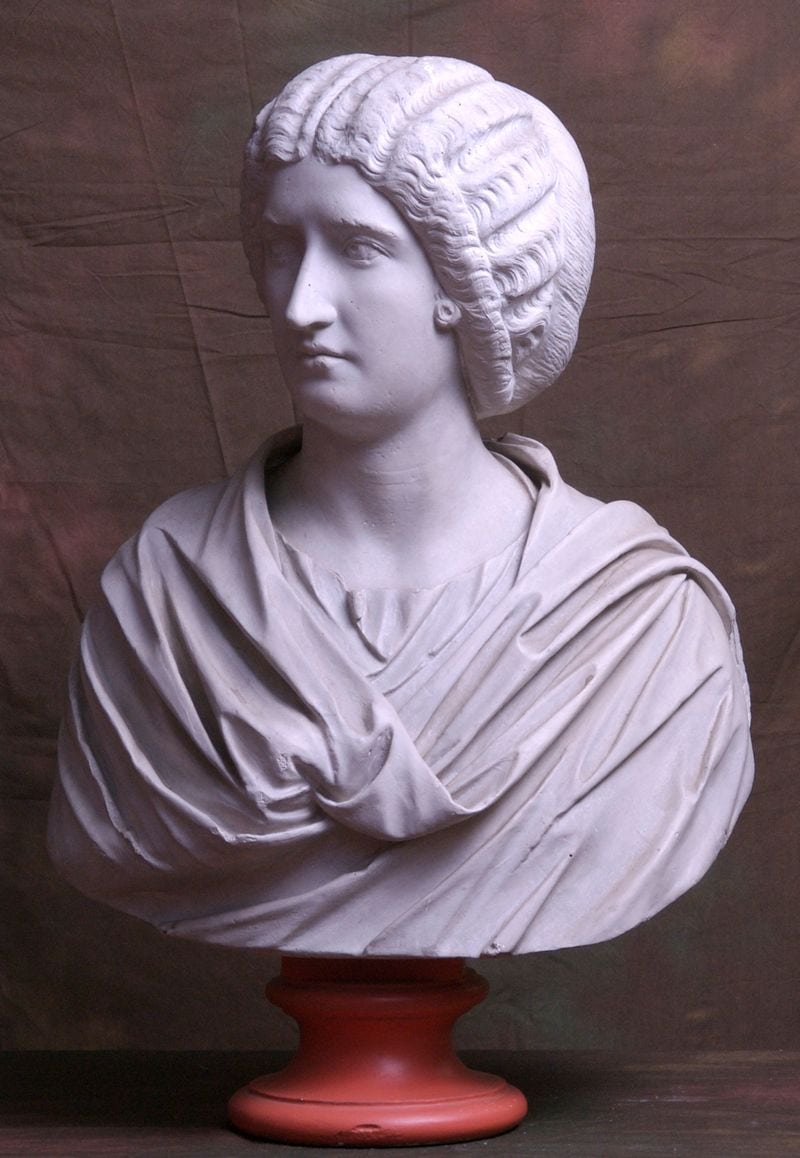
Julia Domna, wife of Emperor Septimius Severus, was a prominent figure in the Severan dynasty. Known for her intellect and cultural patronage, she fostered a vibrant intellectual environment at the imperial court.
Her salon attracted philosophers and scholars, making her court a center of cultural and philosophical exchange. Julia’s influence extended beyond cultural pursuits; she was involved in political decisions and diplomatic missions.
Her resilience during political upheaval showcased her strength and determination. Julia Domna’s legacy as a patron of the arts and a powerful empress continues to inspire those who admire the fusion of intellect and leadership.
5. Agrippina the Younger
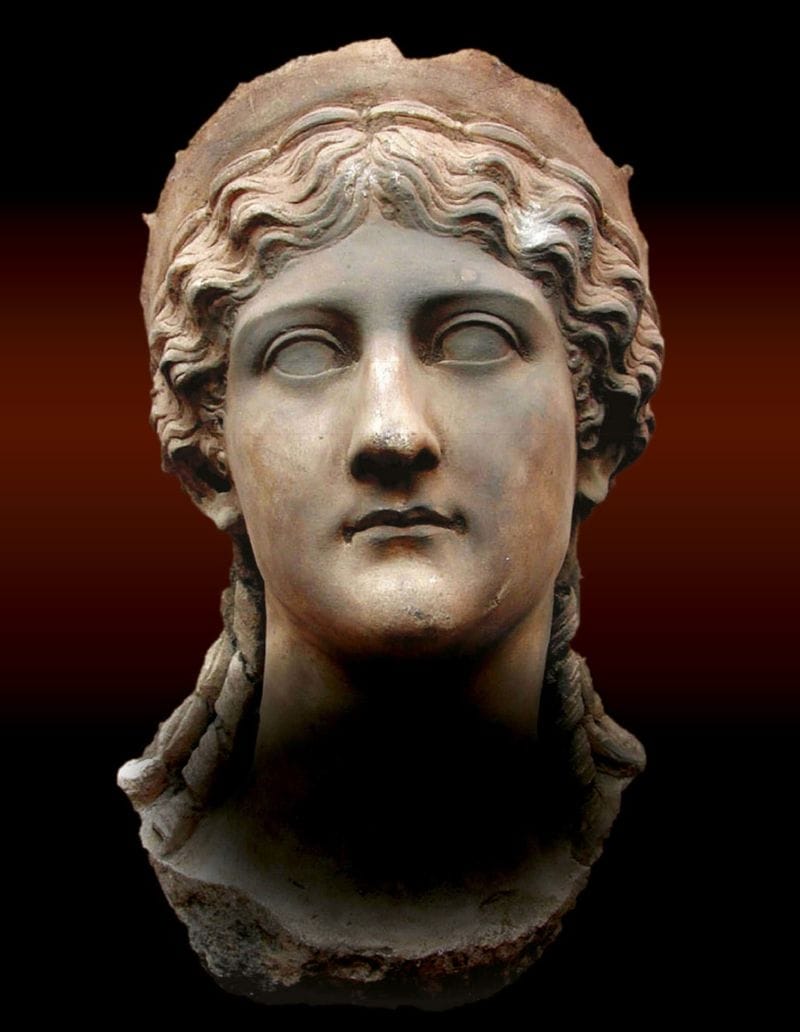
Agrippina the Younger, mother of Nero, was a master of political strategy in ancient Rome. Her ambition and intelligence enabled her to navigate the treacherous waters of Roman politics successfully.
Agrippina’s marriage to Emperor Claudius secured her son Nero’s place as a future emperor. Her advisory role in Nero’s early reign highlights her influence and political savvy. Despite the eventual downfall, her impact on Roman politics was undeniable.
Her life serves as a cautionary tale of power and ambition, showcasing both her achievements and the perils of political maneuvering. Agrippina’s story remains a testament to women’s complex roles in Roman history.

